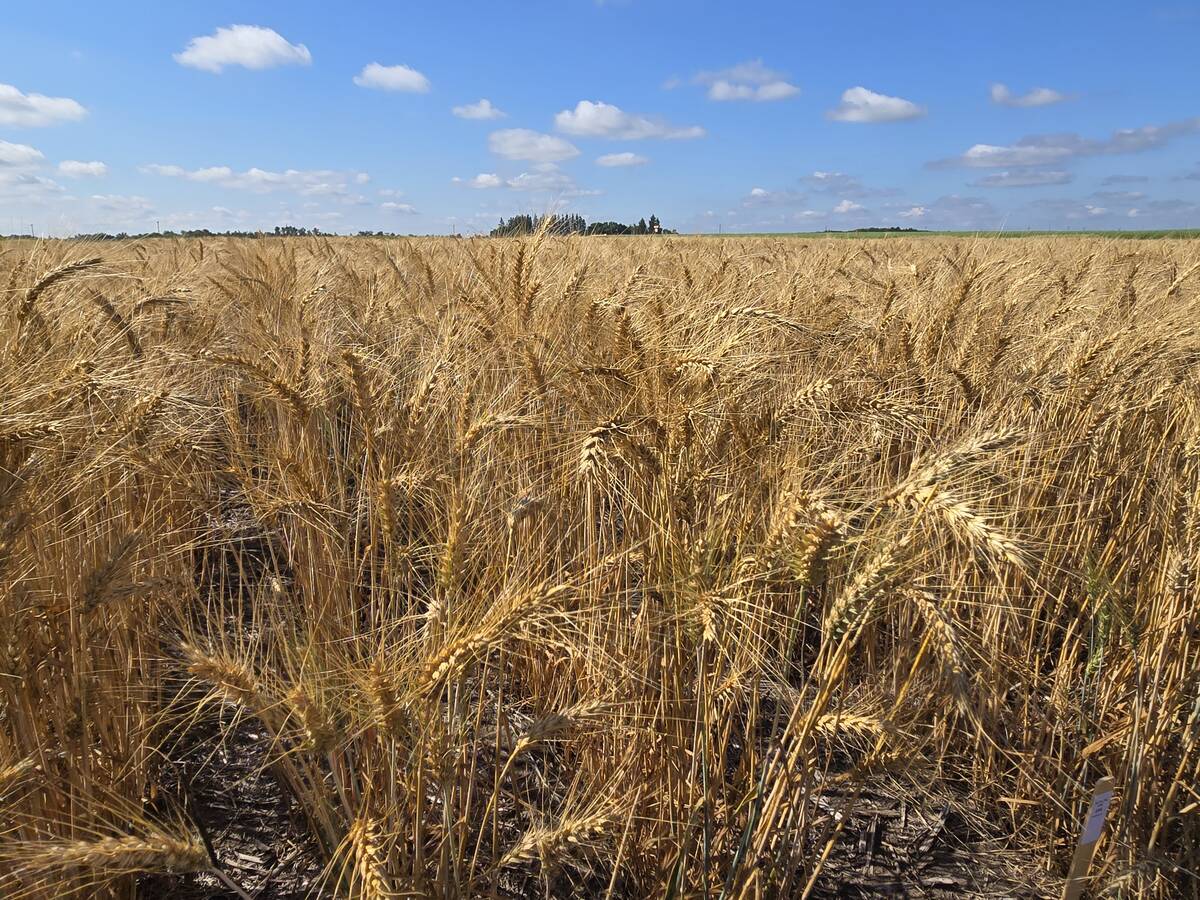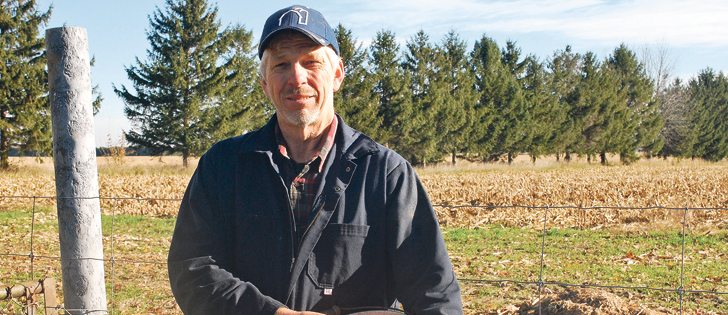THAMESVILLE, Ont. — Many of the stray current issues affecting Ontario farmers remain unresolved, but the MPP for Chatham-Kent-Essex maintains a glimmer of hope.
“I’ve determined to allow Hydro One to proceed, and I’m waiting to hear back with their findings,” Nicholls said.
Nichol’s optimism is linked to Hydro One’s formation of the Farm Rapid Response Team announced Sept. 20.
President Mayo Schmidt said the province’s largest utility is committed to “finding a fast and effective solution” to the uncontrolled electricity that has plagued rural livestock farms for years.
Read Also

Fall rye hits record high in Manitoba
Winter cereals 2025: More Manitoba fields grew fall rye in 2025 than ever before, but winter wheat slipped and, while spring stand survival was good, drought took its toll
Nicholls introduced Bill 161 in the spring, which would have required utilities to quickly respond to and address stray current complaints.
The bill received unanimous, second reading support, but it was wiped from the legislative slate when Premier Kathleen Wynne later prorogued the legislature.
Dairy farmers Pete Stern and Pat Herbert remain skeptical of Hydro One’s intent. Both say they have struggled with stray current for years.
Stern said it’s led to human and animal health issues and financial struggles on his farm near Drumbo.
His banker and accountant have advised him to sell his milk quota, which would end his participation in the industry.
“The rapid response team is a 1-800 number to nothing,” said Stern, who is a member of the working group put together by Hydro One and the Ontario Federation of Agriculture to help address the issue.
He expects Hydro One will receive more calls with the an-nouncement of the rapid re-sponse team.
What’s needed, he added, are changes to Appendix H of Ontario’s Distribution System Code, the Farm Stray Voltage Distributor Investigation Procedure, which he hopes the OFA will soon push for.
Hydro One had received 130 calls about on-farm electricity issues in the first seven months of the year, of which 105 came from dairy farmers.
Herbert, who milks 30 cows near Thamesville, said he’s recently lost another animal to stray current, which makes 45 since the problem first appeared in 2008.
Hydro One conducted a day-long investigation last year, but Herbert said the problem has yet to be fixed.
He feels the issue isn’t linked to the electrical hookup on his farm, so there must be a leak in the area’s distribution system that’s making its way to his barn.
A recent lightning storm appears to have confirmed that suspicion. When power was knocked out in the area, stray voltage in his barn was temporarily absent, even though he was operating a generator.
Herbert recognizes that not everyone, even fellow farmers, believe the stray current issue at his farm is real.
“We hear that all the time. Hydro One doesn’t come out and say it. They just imply it. They don’t believe or don’t want to believe you have a problem,” he said.
“I’ve called the fast response team four or five or six times to get my name on the top of the list. They seem to think they can fix the problem on the phone.”
The Herberts were routinely awarded certificates for the high quality of their milk before 2008.
Hydro One said in a statement that it has been communicating with farmers about the new service.
“Hydro One has seen an increase in calls related to on-farm electrical issues and are working with each customer to find appropriate solutions,” it said.
“The majority of calls are coming from southwestern Ontario.”
Nicholls is working on a second private member’s bill to address on-farm stray voltage. He’s hoping Hydro One will support his effort.















